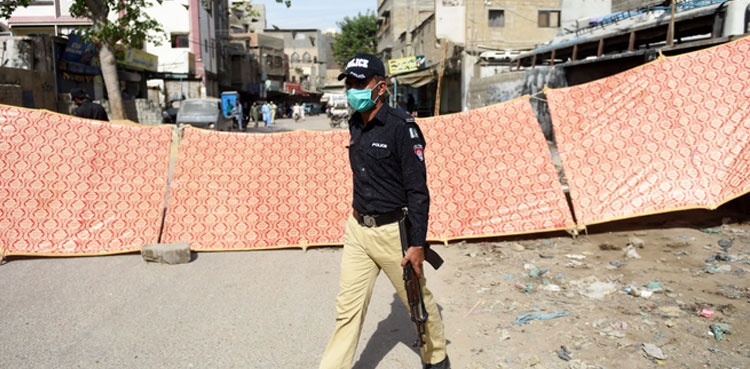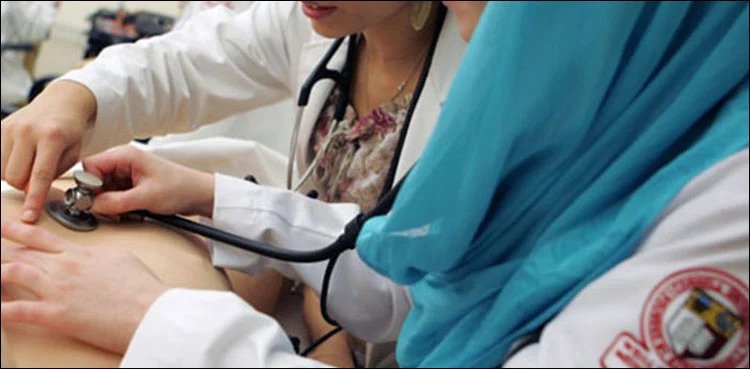The US Food and Drug Administration has said that the Pfizer Covid-19 vaccine can be given to five-to-11-year-olds, making it possible for younger children to get their shots.The independent experts concluded the known benefits outweighed the known risks.“It is pretty clear to me that the benefits do outweigh the risk when I hear about children who are being put in the ICU, who are having long term outcomes after their COVID, and children are dying,” said Amanda Cohn of the Centers of Disease Control and Prevention (CDC),who voted yes.
“It’s never when you know everything — the question is when you know enough,” said Paul Offit, a pediatrician at the Children’s Hospital of Philadelphia, who also voted yes but reflected on the fact that more complete safety data would become available over time.He added that many children who are at high risk stand to benefit, and that the theoretical risk of myocarditis, the most worrisome side-effect, would probably be very low, given the lowered dose of 10 micrograms, compared to 30 micrograms in older ages.Nevertheless, several experts partly caveated their votes by saying they would not favor broad vaccine mandates in schools and the shot should remain a personal decision for families.
Earlier, top FDA vaccine scientist Peter Marks said younger children were “far from being spared harm of Covid-19,” adding that, in this group, there had been 1.9 million infections and 8,300 hospitalizations, roughly a third of which required intensive care.There have also been around 100 deaths, making it a top 10 leading cause of death, he added.Updates on booster shot. Johnson & Johnson recipientsThe CDC now recommends a booster shot for all adults who were vaccinated with Johnson & Johnson’s Janssen COVID-19 vaccine at least two months ago. Sinovac: The WHO says this vaccine is not recommended for persons younger than 18 years of age, pending the results of further studied in that age group.
Sinopharm: The WHO says this vaccine is not recommended for persons younger than 18 years of age, pending the results of further studies in that age group.People 65 years and older who got the Pfizer or Moderna are recommended to get a booster shot at least six months after they were first vaccinated. COVID-19 Vaccine booster shots are available for the following Pfizer-BioNTech vaccine recipients who completed their initial series at least 6 months ago and are:65 years and older, Age 18+ who live in long-term care settings, Age 18+ who have underlying medical conditions, Age 18+ who work in high-risk settings, Age 18+ who live in high-risk settings , Rare side-effects. An analysis by Pfizer posted by the FDA before the meeting showed the vaccine was 90.7 percent effective at preventing symptomatic Covid-19.
FDA scientist Hong Yang presented a risk-benefit model that showed at current infection rates, the vaccine would prevent far more hospitalizations from Covid than they might cause from myocarditis.If community transmission was brought down to very low levels, this may change — but even then vaccination might be worthwhile because of long term risks linked to non-hospitalized cases, she added.These include multisystem inflammatory syndrome in children (MIS-C), a rare but highly serious post-viral complication, which has affected more than 5,000 children of all ages and claimed 46 lives.In its clinical trial, Pfizer evaluated safety data from a total of 3,000 vaccinated participants, with the most common side-effects mild or moderate, including injection site pain, fatigue, headache, muscle pain and chills.
There were no cases of myocarditis or pericarditis (inflammation around the heart), but experts agreed there were not enough study volunteers to be able to detect highly rare side-effects.Matthew Oster, a CDC researcher, gave a presentation on what is known so far about these side-effects among groups already eligible for vaccines.Of 877 vaccine-induced myocarditis cases in under 29s, 829 were hospitalized, according to official data. The vast majority were discharged but five remain in intensive care.The panel weighed this theoretical risk against preventing Covid, which may cause more frequent and severe myocarditis.Vaccines in PakistaOn October 14, Pakistan said it had administered 1m vaccines. This brought the total to: 95,461,219.The government has been slowly adding to its list of restrictions for people who are unvaccinated. Shopping, dining in, travel is subject to vaccination card proof.Reduced infection rates mean that schools were allowed to reopen October 11.
Also Read: US Considers $10bn Aid for Israel Amid Global Over Gaza attack





